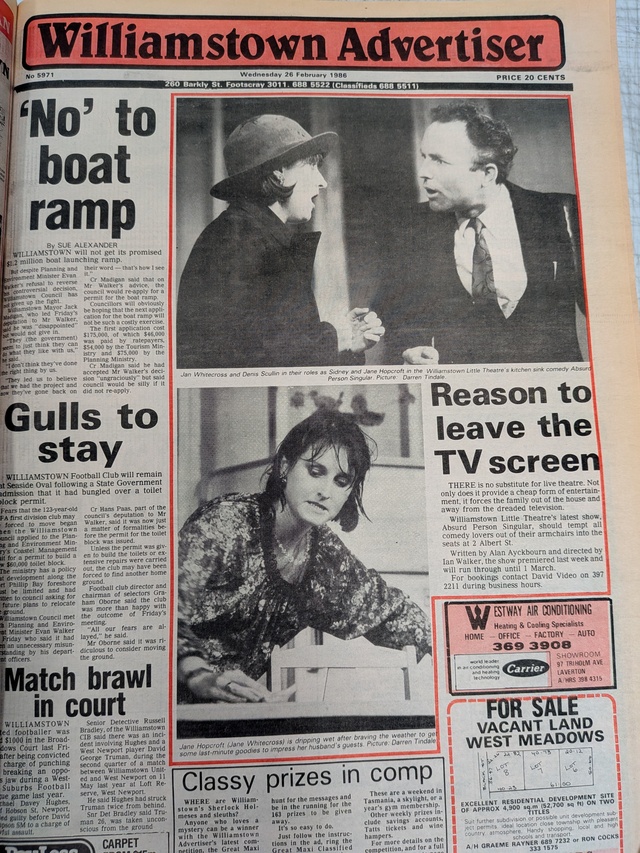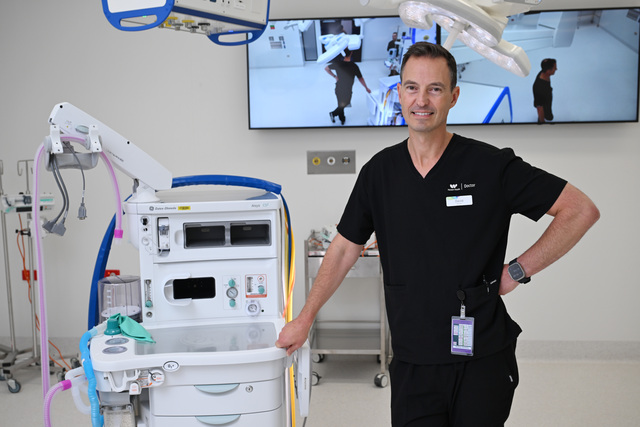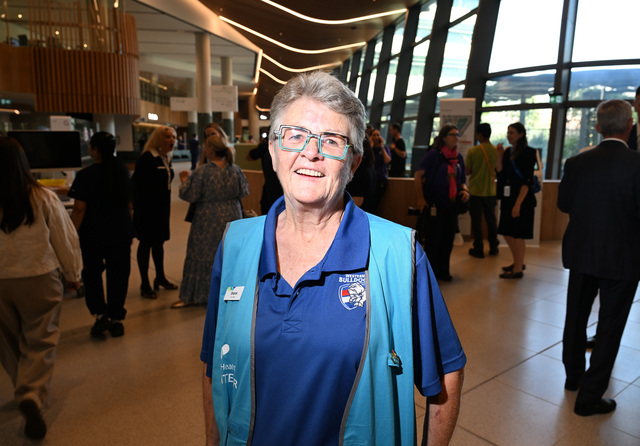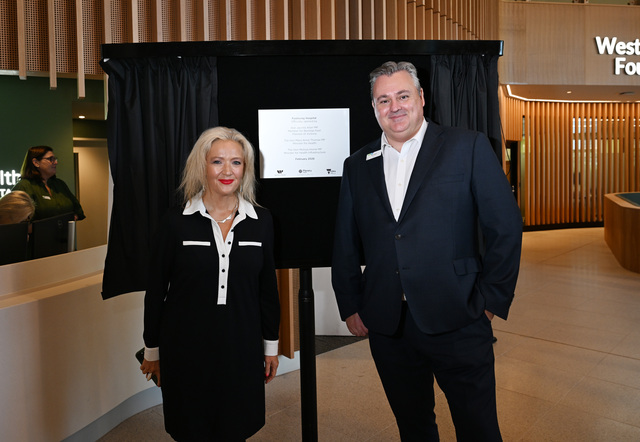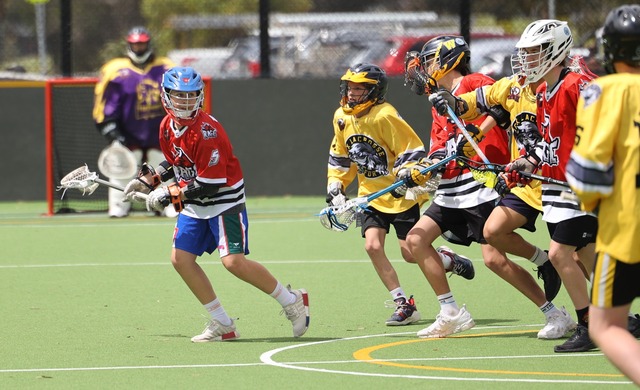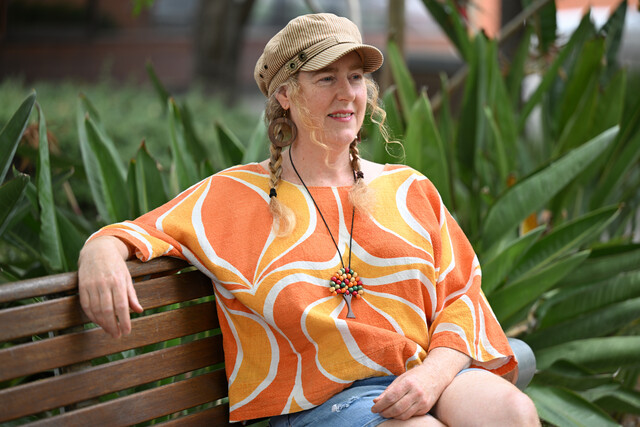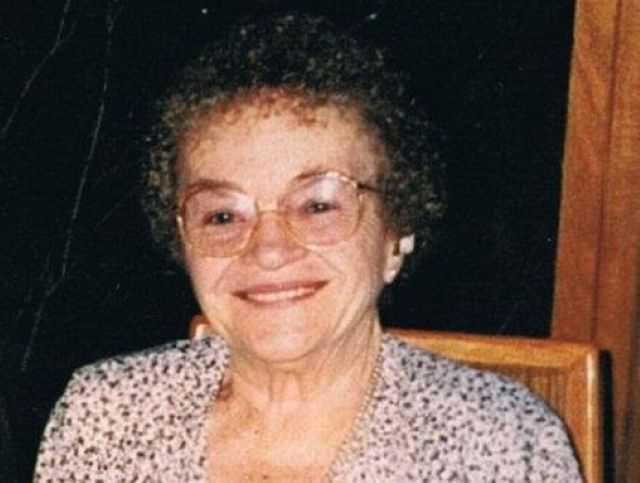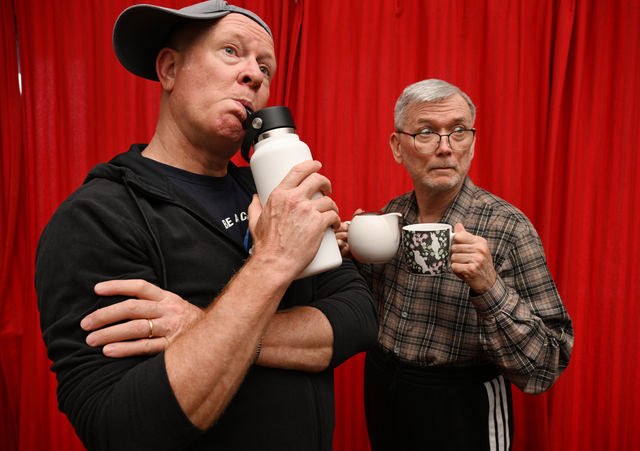By Alesha Capone
A damning report shows that triple-0 operators made several errors that may have contributed to delays in getting help to some of the people who died in the 2016 thunderstorm asthma event.
The Inspector-General for Emergency Management’s report into emergency services’ response during the thunderstorm asthma tragedy states that some operators did not advise callers there were long waits for ambulances, but were required to tell people that “the ambulance is on the way”, regardless of whether paramedics had been dispatched or not.
In the case of Hoppers Crossing woman Hope Carnevali (also known as Hope Marsh), an operator correctly recorded she had a history of asthma, but this caused software to downgrade her case as a priority.
Hope, 20, died in front of her family’s house as she and her relatives waited for an ambulance which arrived 30 minutes after it was called.
The report states that triple-0 operators received an “unprecedented” 2666 calls in a 12-hour period during the thunderstorm asthma event in which eight people died.
Between 3pm on November 21, 2016 and 6am the following day, the Emergency Services Telecommunications Authority received 2666 requests for paramedics to assist with emergency and non-emergency cases, of which 962 were related to breathing problems.
The report notes the Emergency Services Telecommunications Authority has upgraded training for its operators.
“We offer our condolences to the families and friends of the people who died as a result of the unprecedented thunderstorm asthma event,” the authority said in a statement.
– with
The Age






